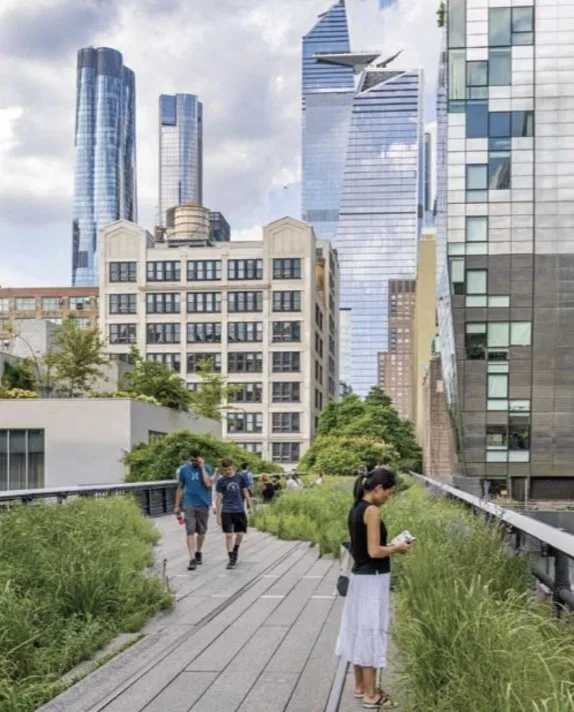By Adam Kramer
The biggest difference between Republican mayoral candidate Michael Bloomberg and the rest of the crew hoping to grab the keys to Gracie mansion is that the media mogul has never held political office.
But when he stopped in Flushing on his daily campaign romp to sit down with reporters from Queens weekly newspapers Tuesday, he sounded like a seasoned politician, well-versed in the issues that people want to hear and that all the candidates talk about whenever they get the chance.
At the Palace Diner at 60-15 Main St., Bloomberg spent a little over an hour answering questions on what he saw as the main priorities for Queens, which are the same for the rest of the city, and on why he would be the best candidate to replace outgoing Republican Mayor Rudolph Giuliani.
He listed crime, education, health care and housing, which are the same issues that the other candidates say most affect the city’s 8 million inhabitants.
“You have to make sure that crime continues to decline and certainly under no circumstances goes up,” Bloomberg said. “The ability to go out every day without looking over your shoulder is so fundamental. If you don’t have that, you have nothing.”
To alleviate Queens’ massive school overcrowding, Bloomberg suggested that the borough should lease classrooms. He said a non-traditional classroom is much more desirable then holding class in a bathroom.
Bloomberg said he could understand the recent budget overruns at the Board of Education and how building costs rose, but he could not comprehend how nobody knew there was a problem.
The third priority, he said, is health care and preventing the “biggest killers” like diabetes, asthma, obesity and cancers that come from smoking or poor diet.
Lastly, affordable housing units are necessary, he said, adding that he saw no problems with changing the zoning regulations of neighborhoods such as Long Island City, which has been the center for light industry in the borough.
He said “while it is desirable” to keep certain industries in the city, the companies are not going to stay. He said reserving the land for specific industry is not realistic; the city is a service center and those jobs will stay.
“I am a big believer that if people want to live in a neighborhood, then I am willing to let the zoning board change neighborhoods,” Bloomberg said. “Fundamentally, I am in favor of the development of Manhattan-style office buildings in western Queens. It is a bad design to have all jobs in Manhattan and have all other boroughs bedroom communities.”
Speaking on whether he could lead the city’s vast bureaucracy without ever holding political office, Bloomberg pointed to his experience running his financial media company with 7,200 employees as the perfect training ground to gain the necessary skills needed to run the city.
“I don’t have any political experience, but the experience to be mayor has nothing to do with political experience,” he said. “The mayor has to have management experience, leadership experience, has to have the ability to listen and has to know how to be accountable. Those are the four keys.”
He said that at his company he had all of the same problems with 7,200 workers as a mayor has with 250,000 city workers. He said he has a vision for the city and how to lead people, which is the mayor’s “day-in and day-out job.”
Bloomberg said he has not seen any backlash from voters over his funding of his own campaign. To date he has spent some $8 million — more than all the other mayoral candidates combined.
“The public does not seem to be sensitive to that,” he said. “The public never objected to Hillary, Rudy and Rick [Lazio] spending a lot of money. It is insulting to the public to think that you can buy an election — the public is much too sophisticated for that.”
Reach reporter Adam Kramer by e-mail at Timesledgr@aol.com or call 229-0300, Ext. 157.































